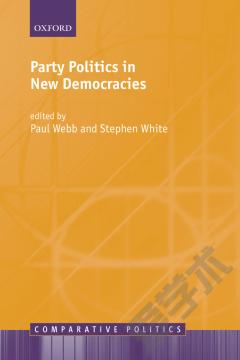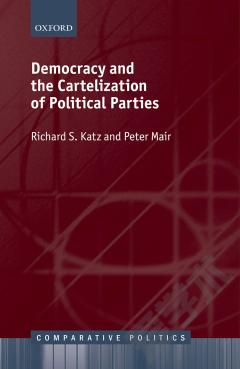Democratic Politics in the European Parliament
With the European Parliament comprising politicians from many different countries, cultures, languages, national parties and institutional backgrounds, one might expect politics in the Parliament to be highly-fragmented and unpredictable. By studying more than 12,000 recorded votes between 1979 and 2004 this 2007 book establishes that the opposite is in fact true: transnational parties in the European Parliament are highly cohesive and the classic 'left-right' dimension dominates voting behaviour. Furthermore, the cohesion of parties in the European Parliament has increased as the powers of the Parliament have increased. The authors suggest that the main reason for these developments is that like-minded MEPs have incentives to form stable transnational party organizations and to use these organizations to compete over European Union policies. They suggest that this is a positive development for the future of democratic accountability in the European Union.
{{comment.content}}








 京公网安备 11010802027623号
京公网安备 11010802027623号